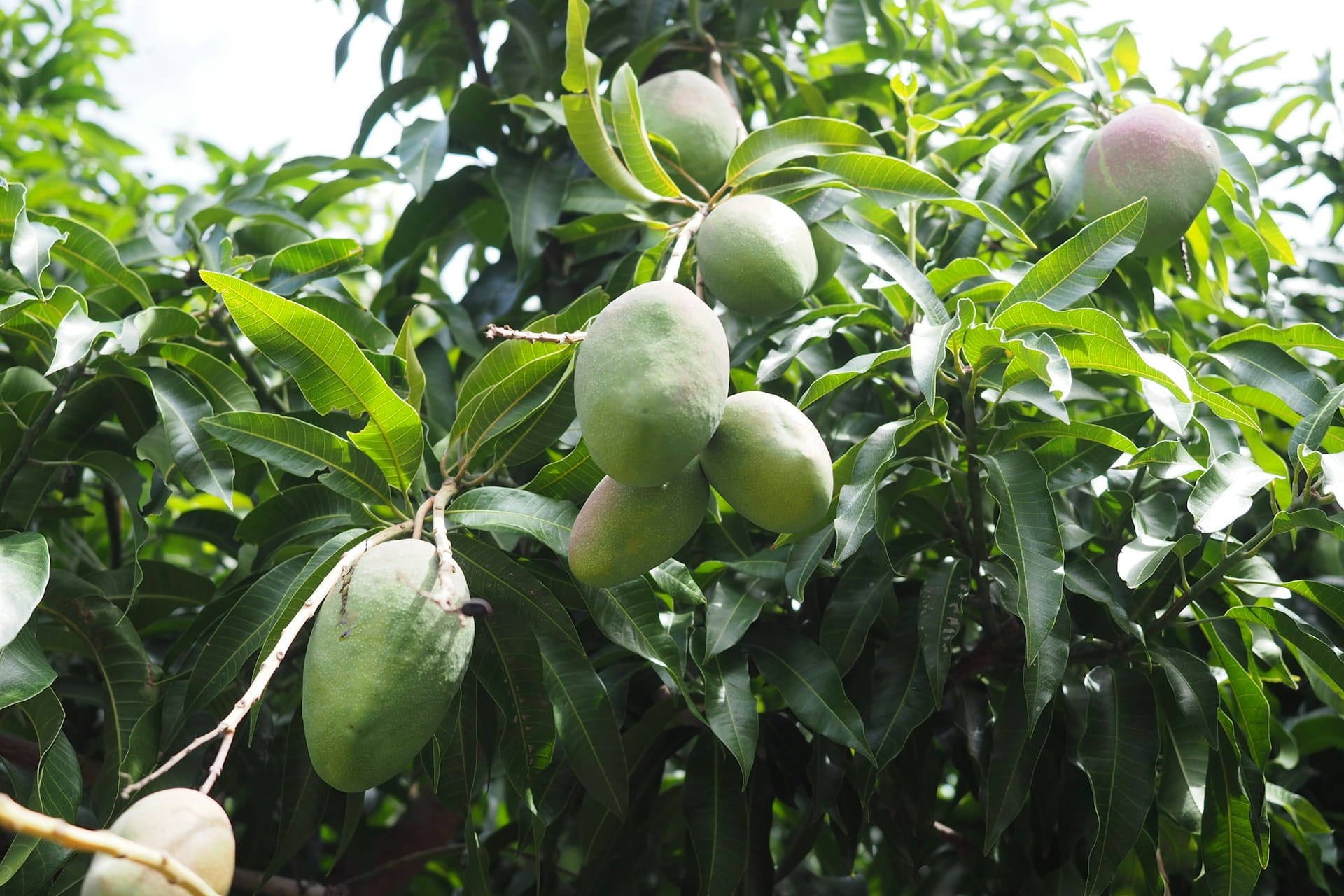It’s that time again. It’s hay fever (allergic rhinitis) season. Fall. The time when ragweed blooms and dust and mold spores are prevalent. The time when noses run, heads get stuffy, lungs wheeze, the sounds of sneezing and coughing break up the quiet of the home or office, and over-the-counter allergy relief medications fly off the shelves.
But don’t grab those drugs out of habit. There are natural hay fever remedies that do your body good and help control your symptoms — or in some cases alleviate them altogether — that are much better for your health.
The first is honey; particularly local honey. Actually, local honey should be consumed year round. It’s made from the very plants that give you trouble. By exposing your body to them, you create a natural immunity to the allergens they contain. But this is a long-term process. For immediate relief, combine 1 or 2 tablespoons of honey with a ginger tea and 1 or 2 tablespoons of coconut milk. This helps loosen phlegm and strengthens your immune system. Use a half of a thumb-sized ginger root boiled in 2 cups of water to make the tea.
Chamomile tea has antibacterial effects and can help you prevent or knock out infections associated with hay fever like sinusitis.
I consider apple cider vinegar one of nature’s miracle “drugs.” It also knocks out sinus infections and can be used to make a saline rinse. But it also knocks out allergy symptoms if you take it (1-3 tablespoons mixed in a little water) two or three times a day. I like to add honey to my apple cider vinegar mixture.
Ginger serves a natural antihistamine and helps to break up congestion. Make a tea with it as described above. Ginger mixed with honey also helps alleviate a sore throat.
A study published in the journal Molecular Nutrition and Food Research in 2008 showed that turmeric prevented mast cells (the cells that are part of the immune system, play a role in defending the body from pathogens and contain histamines) from releasing histamine. Turmeric, the spice that gives curry its yellow color, contains compounds with medicinal qualities. The most important of these is curcumin. It has been shown to be an anti-inflammatory agent, an antioxidant, and has other health benefits as well. Use turmeric to help flavor your food and take it as a supplement to get year-round benefits.
H/T: Naturalsociety.com
-Bob Livingston






